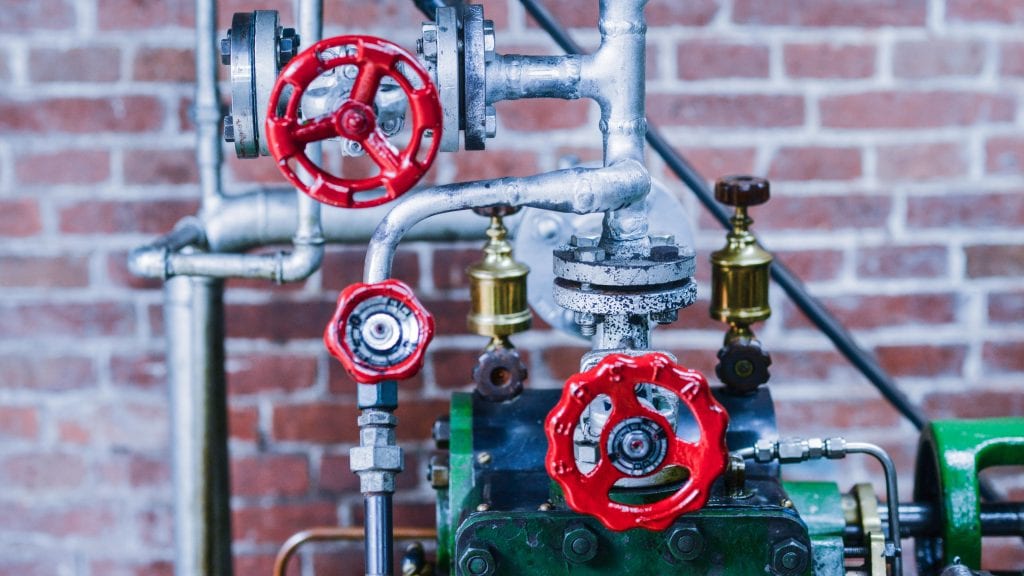Industrial Safety
Product Range
Industrial safety refers to the management of all operations and events within an industry in order to protect its employees and assets by minimizing hazards, risks, accidents, and near misses. Industrial safety is overseen by federal, state, and local laws and regulations. The Occupational Safety and Health Association (OSHA) is the primary regulatory body in the United States dedicated to ensuring industrial safety. Industrial safety covers a number of issues and topics affecting the safety of personnel and the integrity of equipment in a particular industry.

Industrial safety is defined as policies and protections put in place to ensure plant and factory worker protection from hazards that could cause injury. Safety policies put in place by the Occupational Safety & Health Administration (OSHA) are examples of industrial safety policies. Industrial safety is important as it safeguards human life, especially in high-risk areas such as nuclear, aircraft, chemical, oil and gases, and mining industries, where a fatal mistake can be catastrophic. Industrial Safety reduces risks to people and processes. The danger of life of human being is increasing with the advancement of scientific development in different fields. The importance of industrial safety was realized because every million of industrial accidents occur which result in either death or in temporary disablement or permanent disablement of employees and involve a large number of losses resulting from danger to property, wasted man hours and wasted hour
Workplace safety is important because it: protects employees and the employer from death or injury. teaches workers how to work in a safe environment. helps everyone feel safe and happy. A serious workplace injury or death changes lives forever – for families, friends, communities, and co-workers too. Human loss and suffering are immeasurable. Occupational injuries and illnesses can provoke major crises for the families in which they occur. In addition to major financial burdens, they can impose substantial time demands on uninjured family members.
One of the important aspects of industrial safety programs is the identification of hazards. Managers typically determine hazards by the examination of accident records, interviews with engineers and equipment operators, and the advice of safety specialists, such as OSHA or insurance companies. Industrial health hazards are typically categorized into three classes: chemical hazards, in which the body absorbs toxins; ergonomic hazards, such as those resulting from improper lifting or repetitive stress; and physical hazards, in which the worker is exposed to temperature extremes, atmospheric pressure, dangerous conditions, or excessive noise.
Among the most dangerous types of machinery are power presses and woodworking tools, which most commonly cause injury to the hands. A number of mechanisms have been developed to safeguard against such injuries. The simplest of these are barrier guards, in which the moving parts of machinery are enclosed in a protective housing. These safeguards are typically used in conjunction with sensors so that the machine cannot be operated without them. Other types of safeguards include those which prevent a machine from operating unless a worker has both hands properly in place, automated material feeding devices, warning labels, and color coding.
Related Products
Mechanical Products
We provide the highest quality mechanical products like Pipes, Flanges, Fittings, Fasteners, Valves, Gaskets & Packing and the more to any part of the globe.
Electrical Products
We are the suppliers for a range of electrical products like Cables & Wires, Explosion proof fittings, Conduit Pipes, Cadweld, Earthing & Lightning Protection, etc.
Instrumentation Products
Our Instrumentation product range includes the supply of Seamless Tubes, Tube Fittings, Valves & Manifolds. We deliver the products all around the world.



